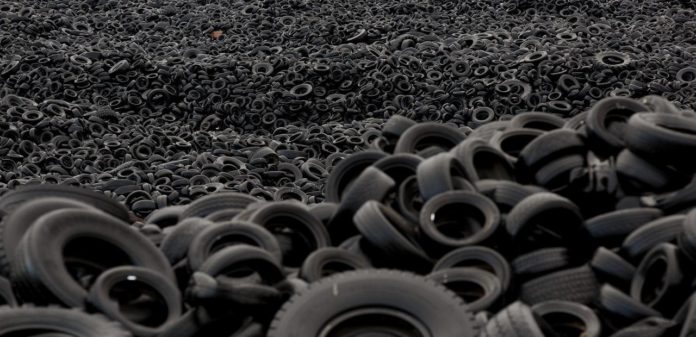
As a civilization, the amount of waste we produce and dispose of incorrectly on an annual basis is astounding. In 2012 alone, the world produced 2.6 trillion pounds of garbage, most of which was deposited in designated landfills, or is currently floating around and causing disastrous effect in the ocean. Because of this, the U.N chief on the environment recently warned of an approaching “tsunami” of electronic waste, which could cause catastrophic effects on public health.
Unfortunately, despite being warned of our possible further if we fail to change our wasteful ways, we as individuals and communities have yet to do so. In the U.S., states such as California are still officially undecided on what to do about the 123,000 tons of plastic bags it disposes of annually.
Sadly, many of us are unaware of the impact out daily waste has on the planet, wildlife species, and even the human race itself, with poorer countries and communities suffering the most.
In Port-au-Prince, Haiti, five thousand tons of waste is generated every day.
In order to keep its waste from entering the water, the city of Los Angeles spends more than $36 million annually.
The waste which finds its way to the oceans, threatens the safety and existence of many marine species and wildlife.
China receives roughly 70% of the world’s electronic waste, this includes a fair percentage of the 5 million television sets thrown away annually.
Dudaim is one of the largest and most advanced garbage dumps in Israel.
Since at least 2003, at only a short distance from Madrid, mountains of tires have decorated the Spanish countryside. Within the next few years, the Spanish government hopes to clear the site.
Communities living on this river in the Himalayas, are forced to live among a constant stream of waste.
According to several non-profit organizations, the Matanza-Riachuelo River, outside Buenos Aires is among one of the worlds most polluted areas.
The Yamuna River, provides 70% of Delhi with drinking water. Although this water is treated, the river receives 2,400 million litres of untreated sewage daily.
If we are to reverse the incredible amount of damage we have inflicted onto the world, changes need to be instantly made to product packaging, waste disposal methods, cleaning efforts and how we as individuals manage and see our waste.
As Dr. Jane Goodall once said: “One individual cannot possibly make a difference, alone. It is individual efforts, collectively, that makes a noticeable difference — all the difference in the world!”
You want to discuss a certain topic with likeminded people or you want to organize a local protest or you have an idea for a project that can help people in need in your local community or all around the world? Join our forum! www.anonboards.com
You want to support Anonymous Independent & Investigative News? Please, follow us on Twitter: Follow @AnonymousNewsHQ


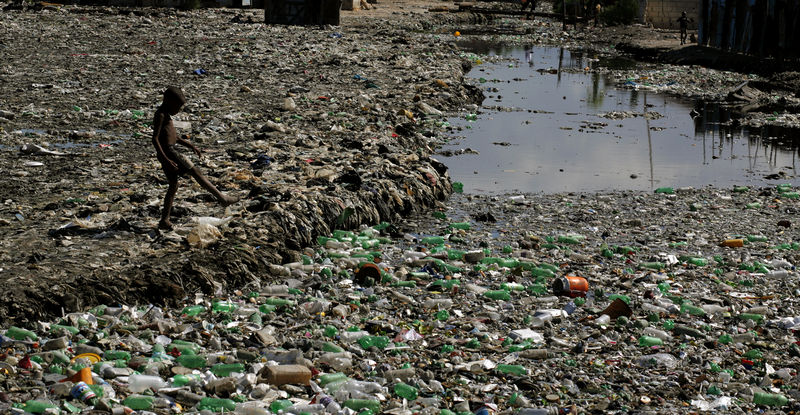
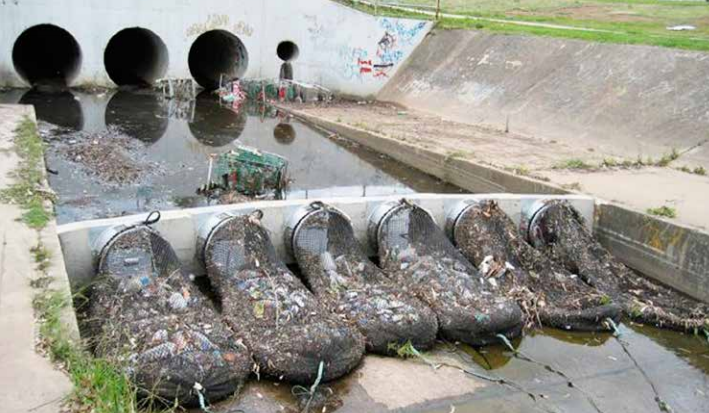
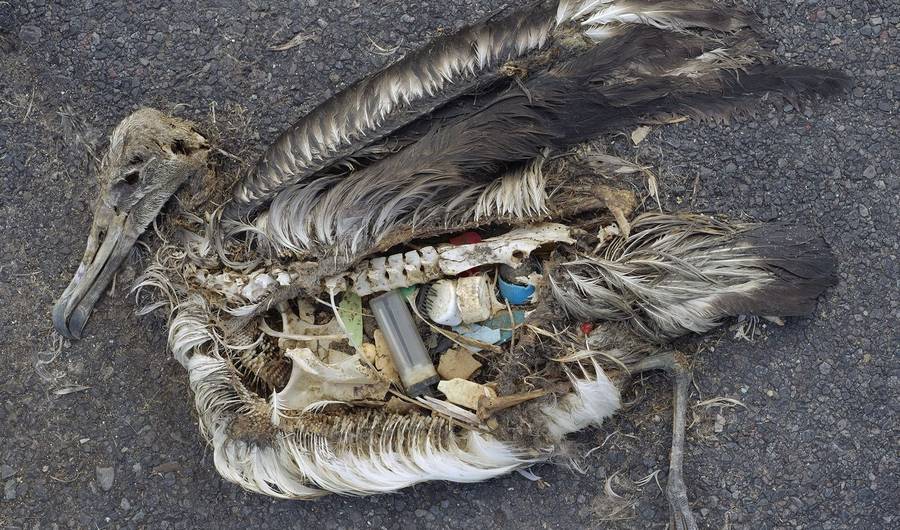
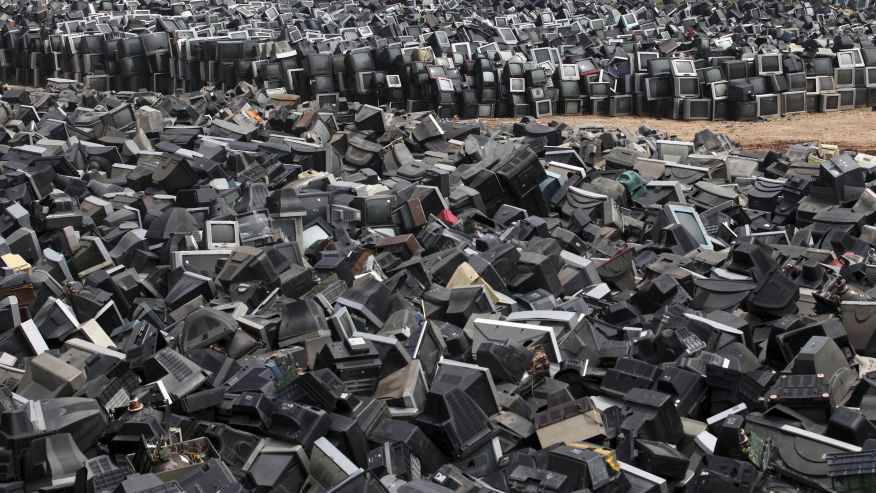
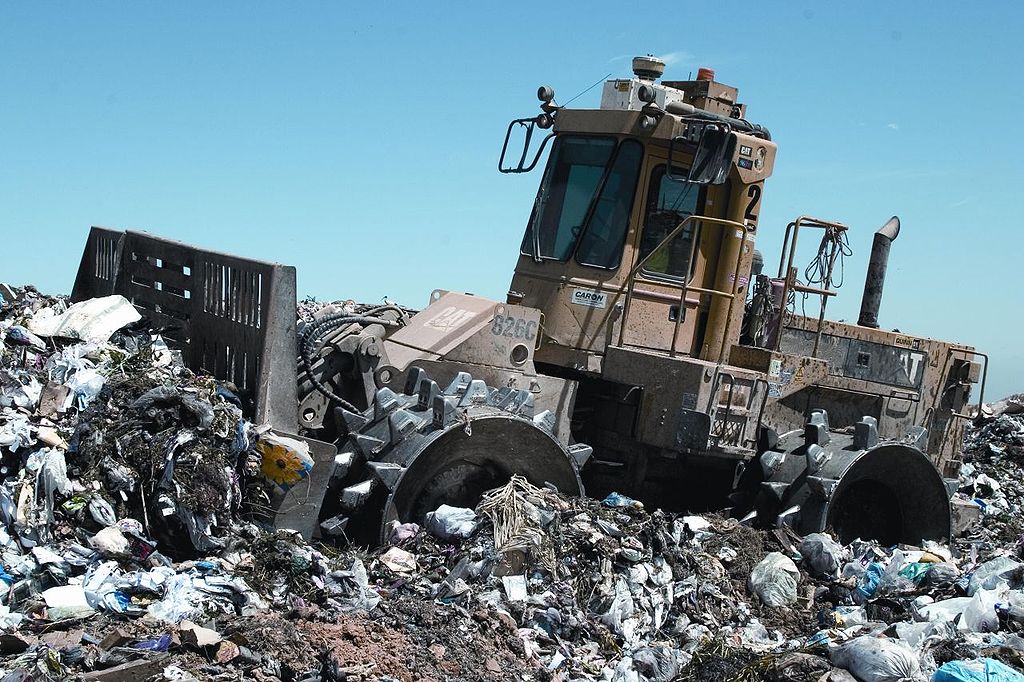
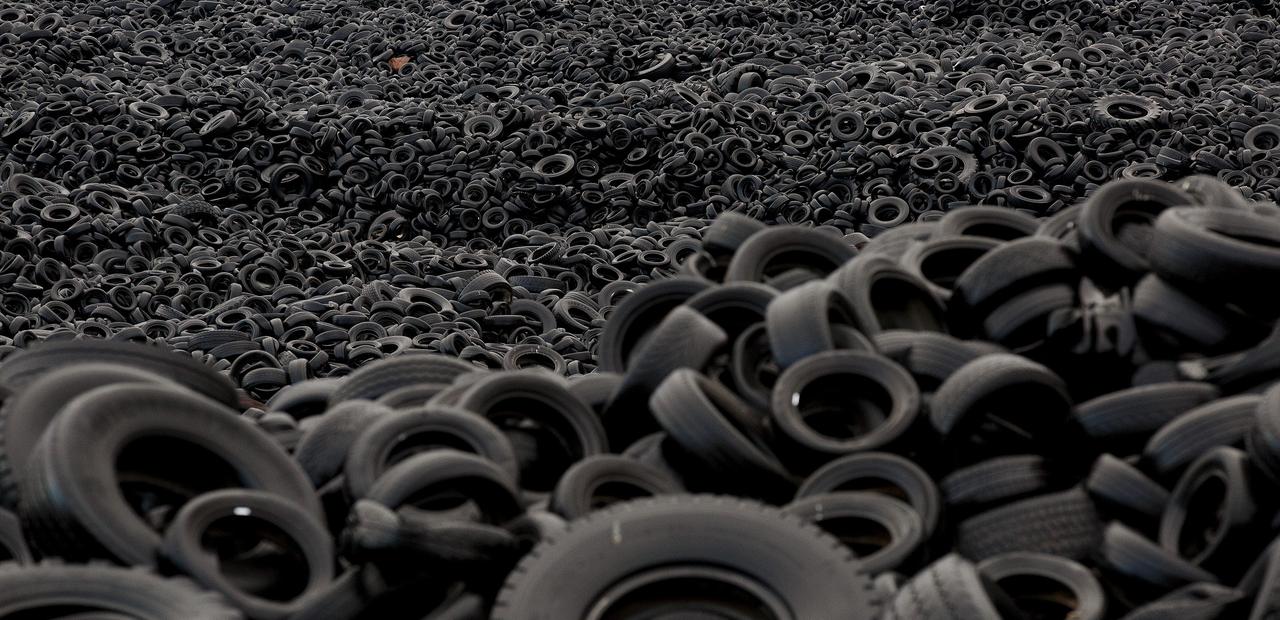
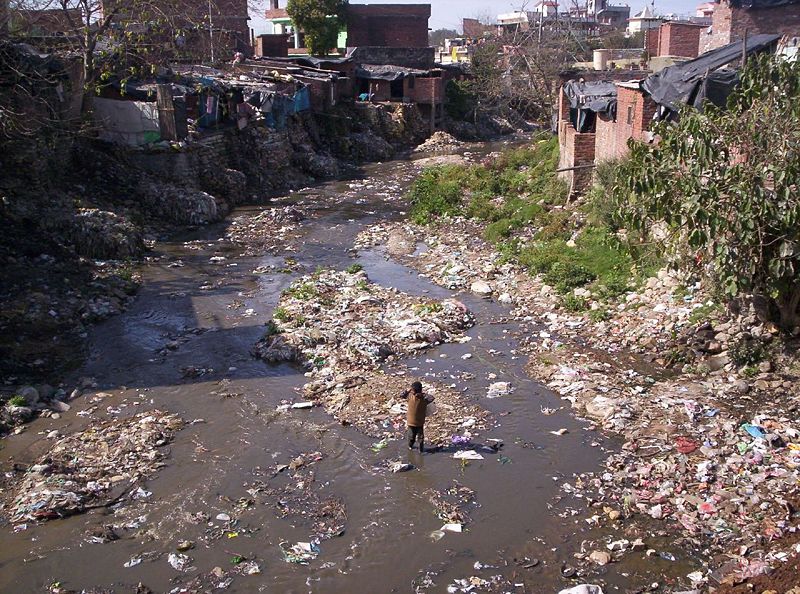
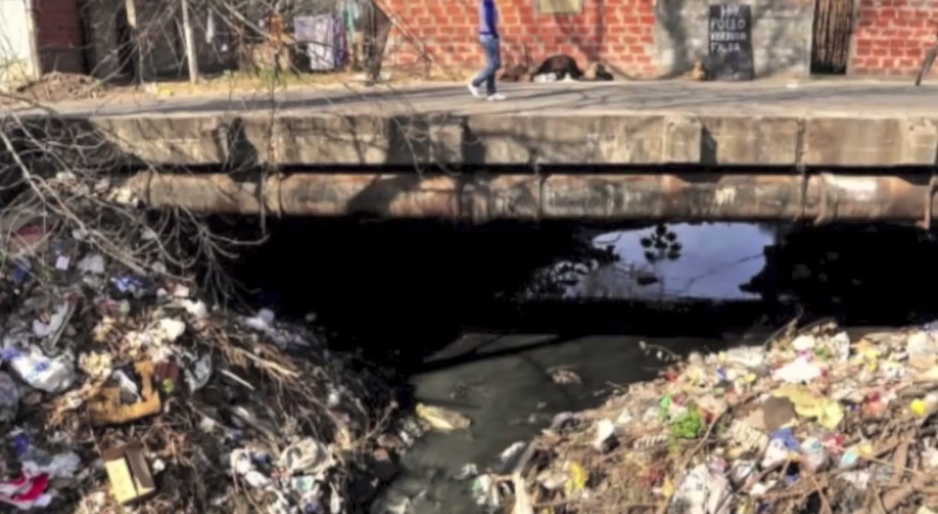
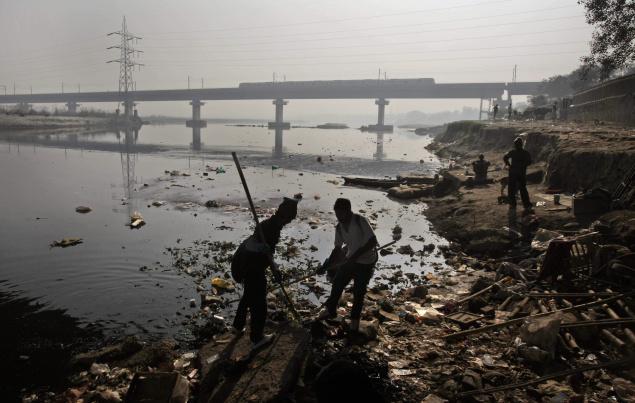



And yet we keep marching on to an early grave.
I don’t even know where to begin anymore. Though, this seems like a good place to start.
I always thought we should dump all the waste in volcanoes. Land and dirt is where EVERYTHING comes from. So why not pit it back there to make new land?
The biggest problem world faces today is overpopulation. Reduce and keep population at manageable 2 billion and most of the waste problem will disappear.
There is way too many people on earth. And what for?
“The biggest problem world faces today is overpopulation.” – not really. It’s just the way things work. Profit is more important than anything, you know: “keep the economy going” and all that bullshit. Building things in such a way that they can be 100% recycled would simply be to costly.
Very good information,Here you provided . Law school information, that is really good for students. I am big follower of your website. This website is having good collection of information for students. Thanks for such good initiative. I am also trying to help students. So i f you want to help in shaping career guide, please join my hands to help via http://www.alljobopening.com/category/research-jobs/